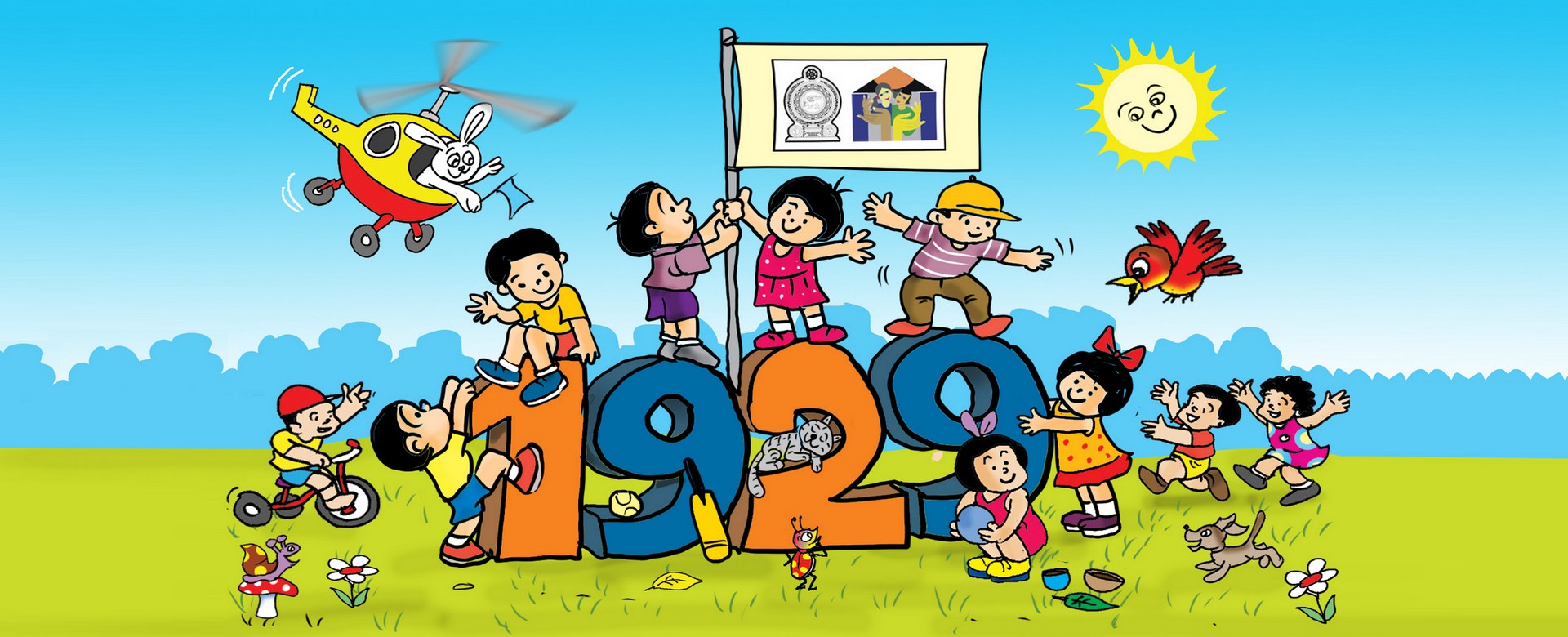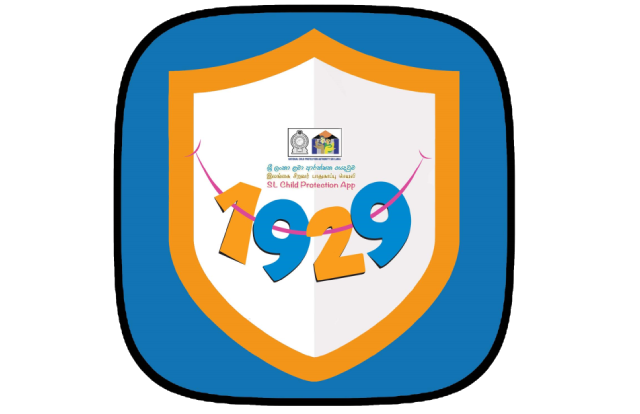ChildLine is a private and confidential service for child related any inquiry.
“1929” can be contacted free of charge through any telecom provider, from anywhere in the country, at any time of the day, any day of the week, in Sinhala / Tamil / English languages.
Founded under Act 50 of 1998, the National Child Protection Authority (NCPA) is the modal institute for child protection services in Sri Lanka, which comes under the purview of the Ministry of Child Development and Women’s Affairs (MOCDWA).
The 24 hour Childline, which was initiated at the National Child Protection Authority in July 2010, addressing one of the key requirements in the field of child protection, now plays a cardinal role in serving towards the protection of the nation’s children. 1929 responds not only to the emergency needs of children, but also links them to appropriate services ensuring their long-term care and rehabilitation.

Today Childline functions as the leading mechanism of receiving and responding promptly to complaints of child abuse. Since it was launched with the objective of responding to incidents of child abuse in a child-friendly, speedy and efficient manner, any child or adult can access it, and provide information. It is worth stating that this service has also obtained the life membership of the International Childline.
1929 plays a unique and significant role in being sensitive to the true voices of Sri Lankan children, and in ensuring that these children are safe, and they receive due respect, nurturance as well as assistance entitled to them by the government, law and allied systems in all times.
We work for the protection of the rights of all children in general, especially for the more vulnerable and marginalized children of the society, including:
- Children affected by physical/ sexual/ emotional abuse within their family, schools and other institutions.
- Children who need emotional support and guidance.
- Street children living alone on the streets.
- Child labour - domestics in particular.
- Victims of child trafficking.
- Children in conflict with the law.
- Children abandoned by parents or guardians.
- Children who are victims of substance abuse - child addicts.
- Institutionalized children.
- Children affected by conflict and disaster, including internally displaced children.
- Children whose families are undergoing/ have undergone traumatic incidences.





